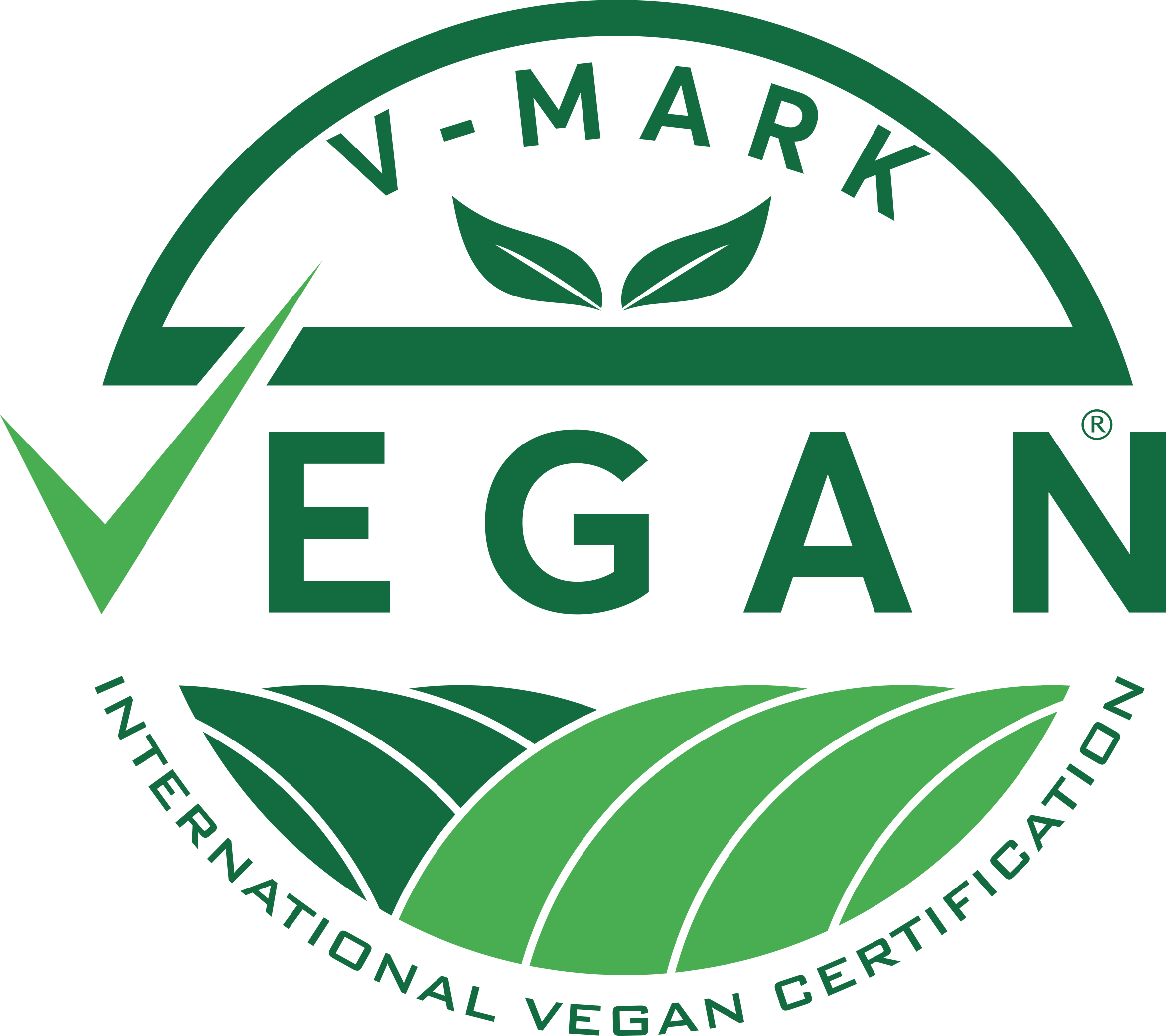Guidelines for Vegan Labeling
Vegan labeling can be a tricky topic, especially for companies aiming to accurately represent their products to consumers. In order for companies to properly label their vegan products, there are certain guidelines they must adhere to.

This comprehensive guide outlines the essential steps companies need to take to ensure their vegan labeling is accurate and compliant with vegan standards.
Guidelines for Vegan Labeling: A Comprehensive Guide
1. Check Ingredients: The first step to properly labeling a product as vegan is to check the ingredients list. Many products contain hidden animal-derived ingredients, such as casein, whey, and gelatin, that may not be immediately noticeable. Companies should be sure to read ingredient lists carefully to ensure no animal-derived ingredients are present.
2. Research Suppliers: Companies should also take the time to research their suppliers to ensure they are meeting vegan standards. Suppliers should be able to provide clear evidence that their products are free of animal-derived ingredients. Companies should also look into potential cross-contamination issues with their suppliers to ensure their products will remain vegan even during the production process.
3. Third-Party Certification: Third-party certification is an excellent way to ensure a product is truly vegan. Companies can earn certification from organizations such as the Vegan Awareness Foundation or the Vegan Society, which will help consumers recognize their products as vegan-friendly.
4. Be Clear and Accurate: Companies should avoid making any false claims about their vegan products. If a product contains any trace amounts of animal-derived ingredients, this should be clearly stated on the packaging. Companies should also be sure to use accurate terminology when describing their products, such as “suitable for vegans,” rather than simply “vegan.”
5. Follow Regulations: Finally, companies should be sure to familiarize themselves with any relevant regulations, such as the FDA’s labeling requirements for vegan products. Following these regulations will help ensure the accuracy and legality of vegan labeling.
Vegan labeling can be a complex process, but following these guidelines will help companies ensure their products are accurately labeled. Companies should take the time to research their suppliers, look into third-party certifications, avoid false claims, and follow relevant regulations. With proper care, companies can ensure their vegan labeling is accurate and compliant with vegan standards.
Certification
- A Guide to Vegan Certification
- Exploring Vegan Markings
- Exploring Vegan-Friendly Products
- Exploring the Advantages of Vegan Marking
- Exploring the Benefits of Vegan Certification for Non-Food Products
- Exploring the Benefits of Vegan Certification for Wholesalers
- Exploring the Benefits of Vegan Certification for the Environment
- Exploring the Benefits of Vegan Labeling for Food Retailers
- Exploring the Benefits of Vegan Labeling for the Economy
- Guidelines for Vegan Labeling
- How to Apply for Vegan Certification
- How to Obtain Vegan Certification
- How to Set Up a Vegan Certification Program
- Key Considerations for Obtaining Vegan Certification
- Navigating the Challenges of Vegan Certification
- The Advantages of Having a Vegan Mark
- The Advantages of Vegan Labeling for Businesses
- The Benefits of Being Certified as a Vegan Product
- The Benefits of Having a Vegan Mark
- The Benefits of Vegan Certification for Food Distributors
- The Benefits of Vegan Certification for Food Manufacturers
- The Benefits of Vegan Certification for Food Suppliers
- The Benefits of Vegan Labeling for Animal Welfare
- The Benefits of Vegan Labeling for Businesses
- The Benefits of Vegan Labeling for Consumers
- The Benefits of Vegan Labeling for International Trade
- The Benefits of Vegan Labeling for Restaurants
- The Benefits of Vegan Labeling
- The Challenges of Obtaining Vegan Certification for Food Products
- The Challenges of Obtaining Vegan Certification
- The Difference Between Vegan and Non-Vegan Labeling
- The Impact of Vegan Certification on Food Prices
- The Impact of Vegan Labeling on Consumers
- The Implications of Vegan Labeling for Health and Nutrition
- The Importance of Vegan Marking for Businesses
- The Necessity of Vegan Certification for Food Products
- The Necessity of Vegan Marking for Food Products
- The Process of Obtaining Vegan Certification
- The Pros and Cons of Vegan Certification
- The Significance of Vegan Certification for Businesses
- The Significance of Vegan Certification for Food Safety
- The Significance of Vegan Labeling for Businesses
- The Significance of Vegan Labeling for Food Labels
- Understanding the Basics of Vegan Labeling
- Understanding the Benefits of Vegan Labeling for Food Producers
- Understanding the Different Types of Vegan Labeling
- Understanding the Impact of Vegan Labeling on the Food Industry
- Vegan Labeling Requirements and Regulations
- Vegan Product Labeling Requirements
- What is Vegan Certification?
- What is Vegan Mark?

GET CERTIFIED
